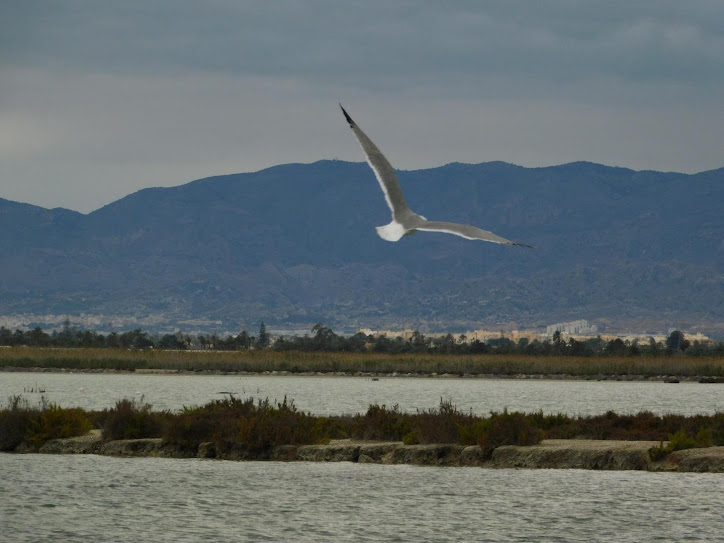The University of Alicante has discovered that the pigment present in the water in the salt lakes of Santa Pola is capable of stopping the growth of cancer cells.
The Salinas de Santa Pola Natural Park is a wetland characterised by the pink colour of its waters due to a pigment. Located in the coastal area of the Bay of Santa Pola (Alicante), the salt pans have an area of 2,470 hectares where the presence of flamingos and stilts is constant.
In addition, the most striking thing about the area is its striking pink colour, a natural phenomenon whose responsibility lies with a pigment existing in its waters. The University of Alicante has published a study on the antioxidant effect of this pigment.
Researchers have shown that bacterioruberin possesses anticancer qualities that paralyse the development of toxic cells. In addition, the antitumor capacity of this microorganism has been tested in various types of breast cancer and its results have been published in the journal Nature Scientific Report.
The starting signal for the research was given by a doctoral thesis from the University of Alicante in which the antioxidant activity of the pigment was demonstrated (300 times higher than that of other antioxidants), which would allow it to be used as a treatment for other diseases such as diabetes.
Subsequently, the UA team of researchers verified ‘in vitro’ the effect of this pigment on breast cancer cells, reaching the conclusion that it limits the ability of cancer cells to grow.
The university highlights this research as a finding that opens the door to Biomedicine with the possibility of designing new strategies in the fight against cancer through the use of natural compounds that are not harmful to the body.





